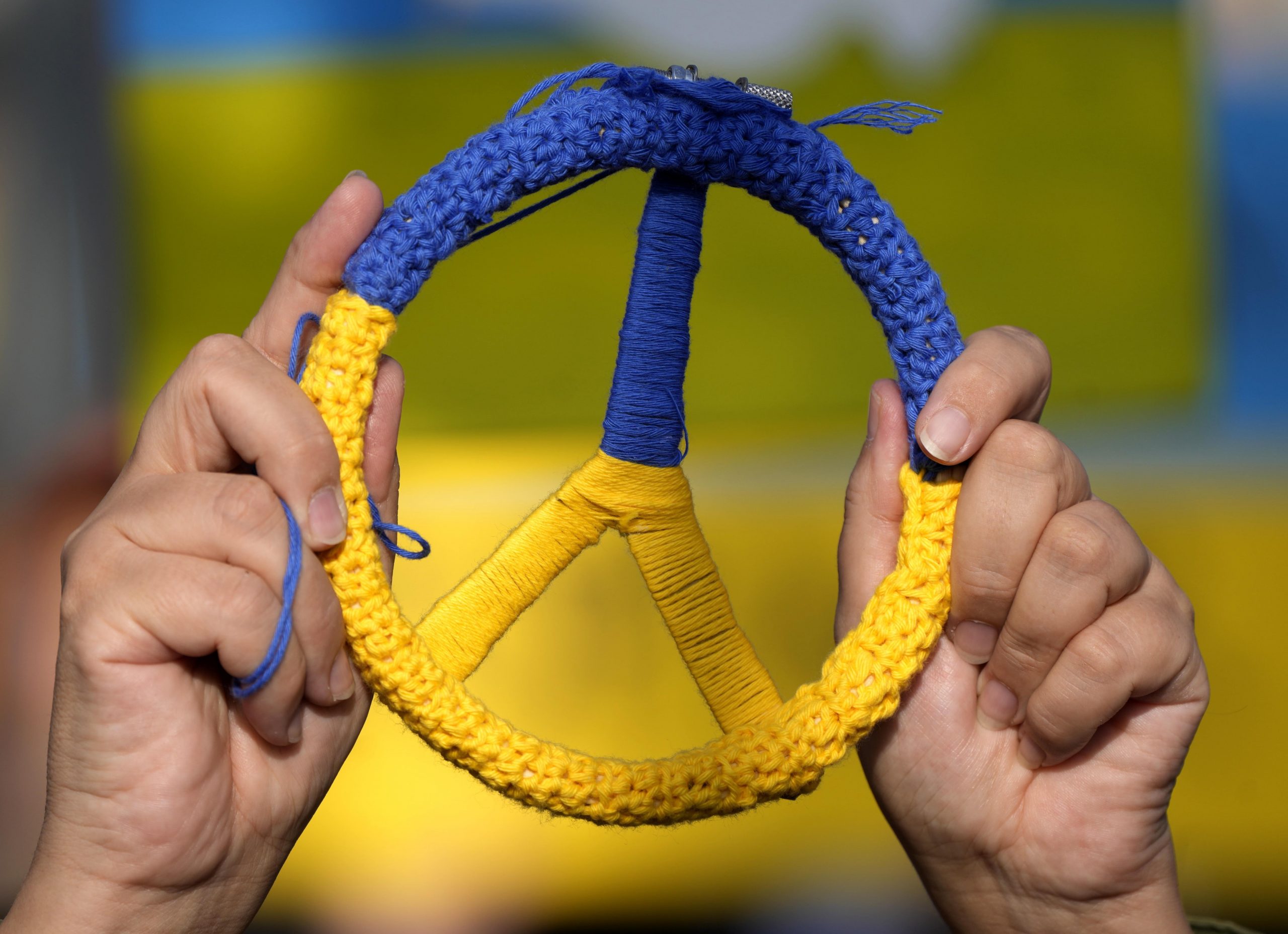
Many Ukrainian refugees are arriving in Hungary from Ukraine and many others are planning to do so. We collected information about what to do if you are one of them.Continue reading

By invading Ukraine, Russia has once again offended the nation’s sovereignty, and in doing so, breached the 1994 Budapest Memorandum. Russia is among the signatories of the agreement, which ensured respect for Ukraine’s borders and freedom from being invaded by Russia, in return for Ukraine giving up its nuclear weapons.
Ukraine had around 1,700 nuclear warheads in 1994, more than the amount the United Kingdom, China, and France had put together. With the third largest nuclear arsenal in the world, the Ukrainian government now had a very strong deterrent to Russian aggression, but also a bargaining tool.
The weapons Ukraine possessed were its inheritance in the Commonwealth of Independent States (CIS), formed after the dissolution of the Soviet Union. The launch codes for the weapons were protected in Russia. At this point, the Ukrainian government had the option of reprogramming the weapons (a 2016 study suggested this would have taken roughly a year and a half), which would have made it the third most relevant nuclear power.
But the government was also given a second major option: assurance from the two biggest nuclear powers, Russia and the United States, along with the United Kingdom, that the state’s territorial integrity and national sovereignty would be respected if it gave up its armament.
It was understandably difficult for Ukraine to enter the deal. Not only did it have a history of fighting for independence against Russia, but analysts were already warning of a Russian invasion in 1993 in the case that the warheads were given up. The economic difficulties that faced post-Soviet states were mounting in the early 90s, and it was in the interest of Western powers to avoid serious conflict by ensuring that preferably only one state, Russia, would have nuclear weapons. With pressure from both sides, Ukraine had to make a decision.
In 1993, Ukraine signed a deal with Russia giving up its claims to the warheads and the Black Sea Fleet (the weakened fleet was in the Ukrainian territory of Crimea after the Soviet Union’s dissolution) in return for 2.5 billion dollars in gas and oil debt cancellation and future supplies for its nuclear power reactors. But the country’s entry into the Treaty on the Non-Proliferation of Nuclear Weapons was a negotiation which took three years, culminating in the Budapest Memorandum.
US President Bill Clinton, Russian President Boris Yeltsin, and Ukrainian President Leonid Kravchuk signed the Memorandum in Budapest on December 5. In return for entering the Non-Proliferation Treaty, the USA, the UK and Russia agreed to the following:
Vladimir Putin first breached the treaty in 2014 with the annexation of Crimea, violating Ukraine’s sovereignty. Putin claimed that his actions were justified, describing the Ukrainian situation as a revolution. “A new state arises,” he said, to which “we have not signed any obligatory documents.”
Once again, Putin feels the need to break the international agreement to meet his territorial ambitions. This time around he’s claimed that Russian troops need to “denazify” Ukraine, which is ironic considering that Volodymyr Zelensky is of Jewish origin, and was elected in a fair election with 70 percent of the vote.
The impact of Russia’s breach of the agreement is clear to everyone watching the news, and will continue to destabilize the region. Zelensky warned the 58th Munich Security Conference on February 19 that inasmuch as Russia chooses to breach the Budapest Memorandum, Ukraine is just as capable of doing the same.
The Ukrainian president brought up the sixth point of the Memorandum, emphasizing that Ukraine has tried to bring together the signatories for a consultation three times since 2014, but all attempts have been unsuccessful.
Zelensky’s warning underscores a rebuilding of the nation’s nuclear arsenal, an option which Ukraine’s ambassador to Germany said the government was already considering last spring.
The alleged potential of Ukraine to produce nuclear weapons has also been cited by Russian officials as a justification for war. However, there is no proof of Ukraine having begun rearming itself with nuclear weapons. In fact, Western experts have asserted that Ukraine does not have the scientific, logistical, financial, and geopolitical strength to arm itself with nuclear warheads at this time.
On a positive note, the condemnation Russia has received by nearly the entire international community shows that international agreements such as the Budapest Memorandum do hold relevance in establishing right from wrong. Even if Putin chooses to break the agreement in favor of political ambitions, the offence has been recorded, and will be remembered.
Featured photo illustration by MTI/AP/Markus Schreiber